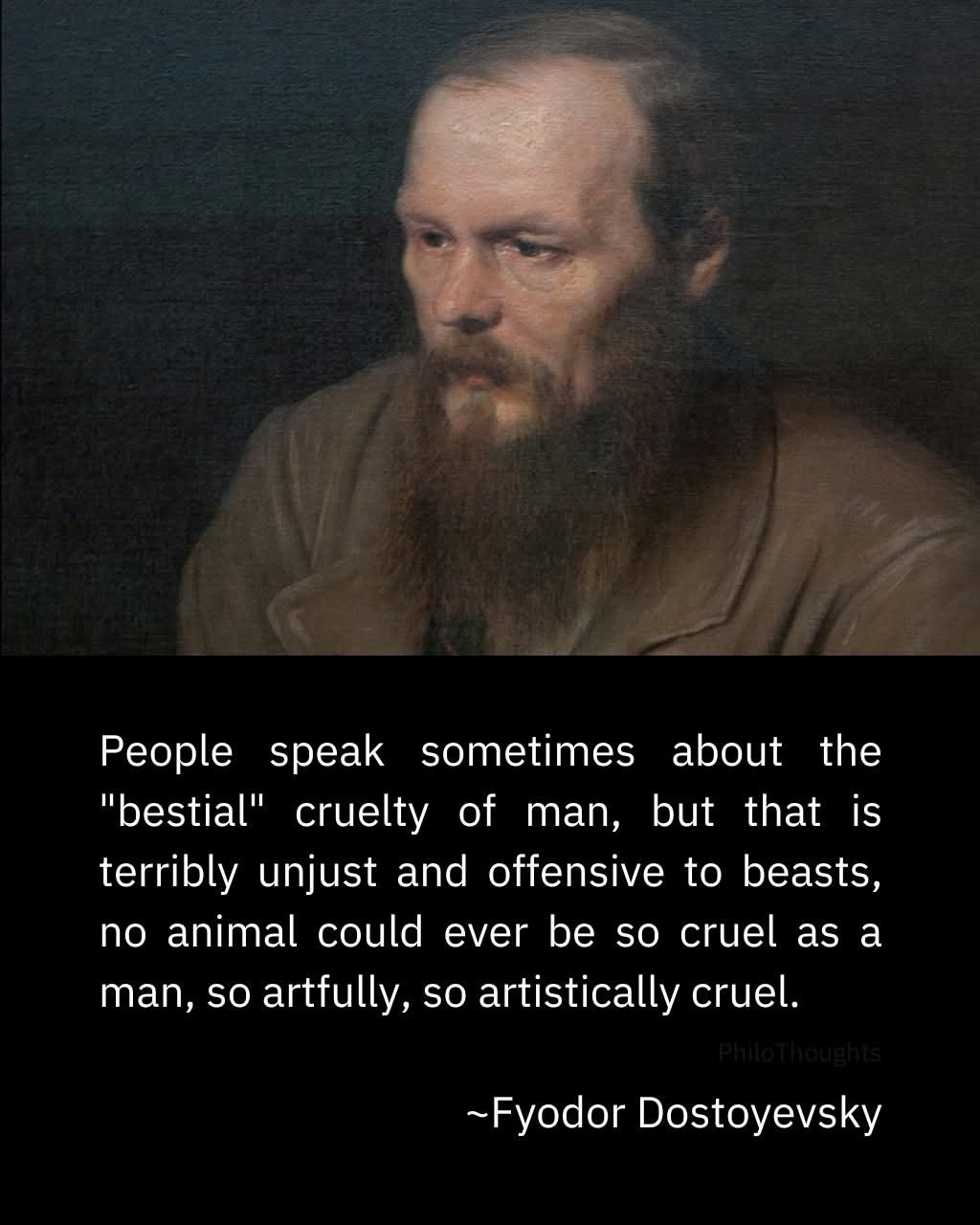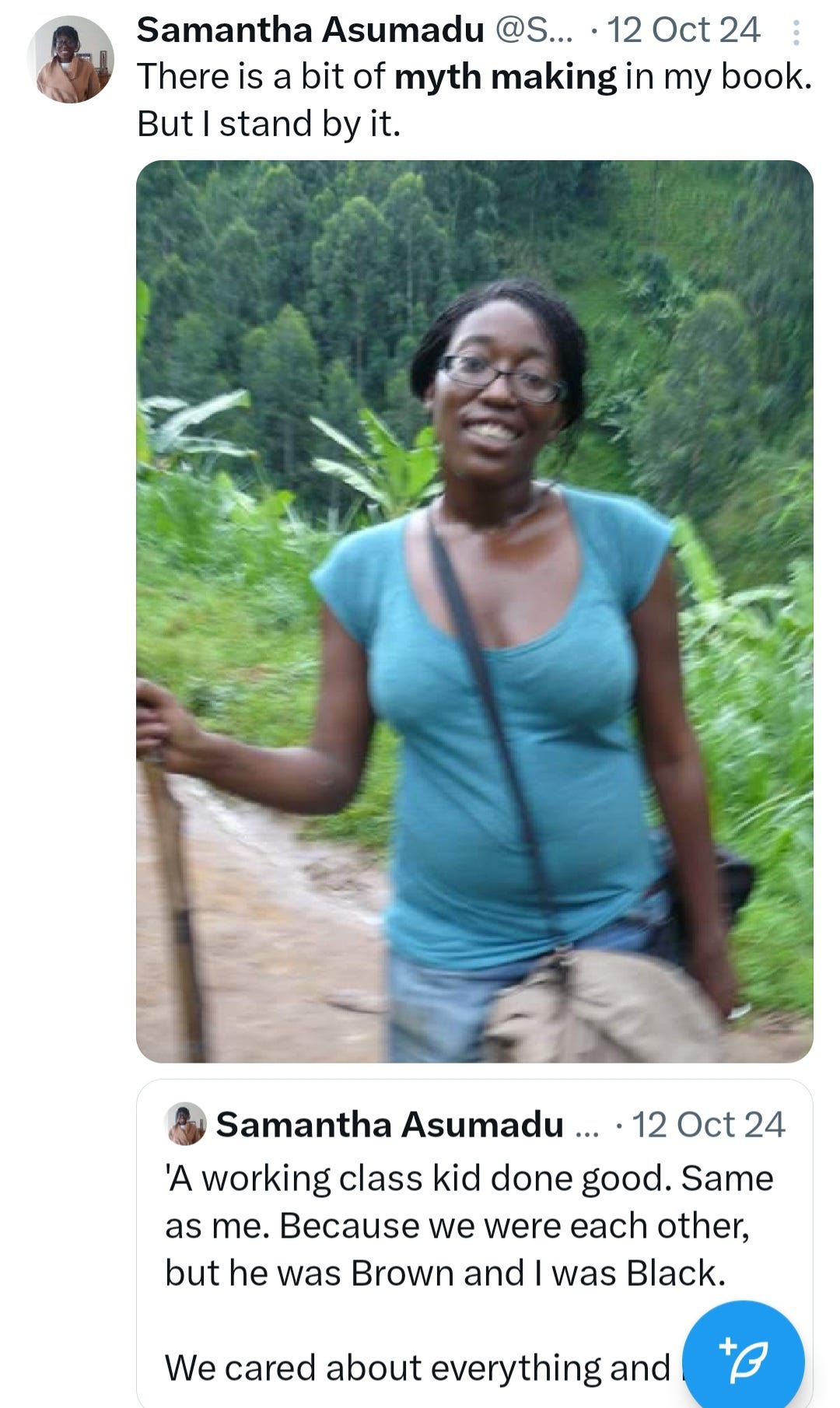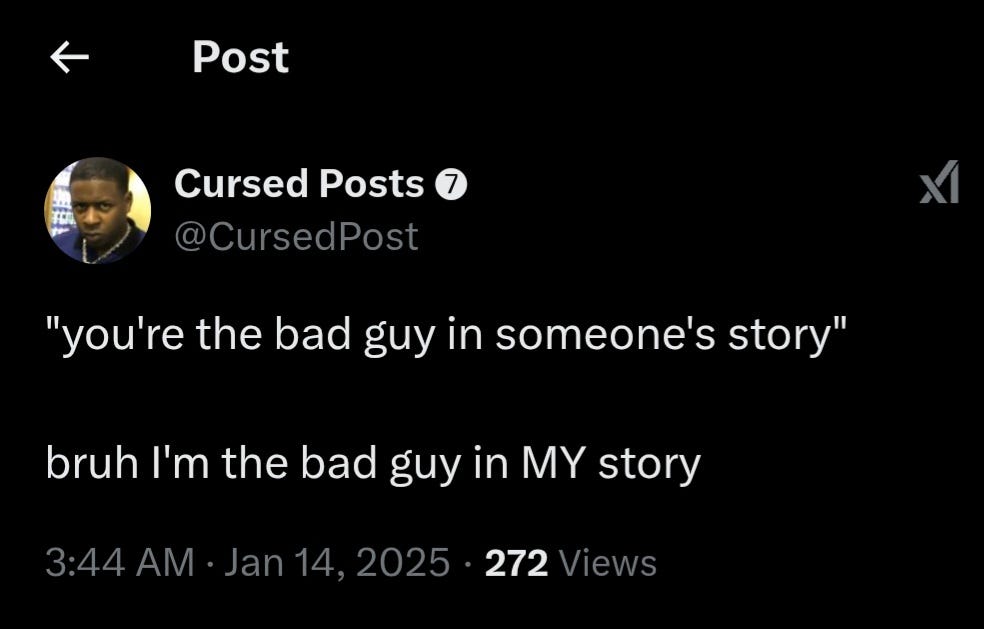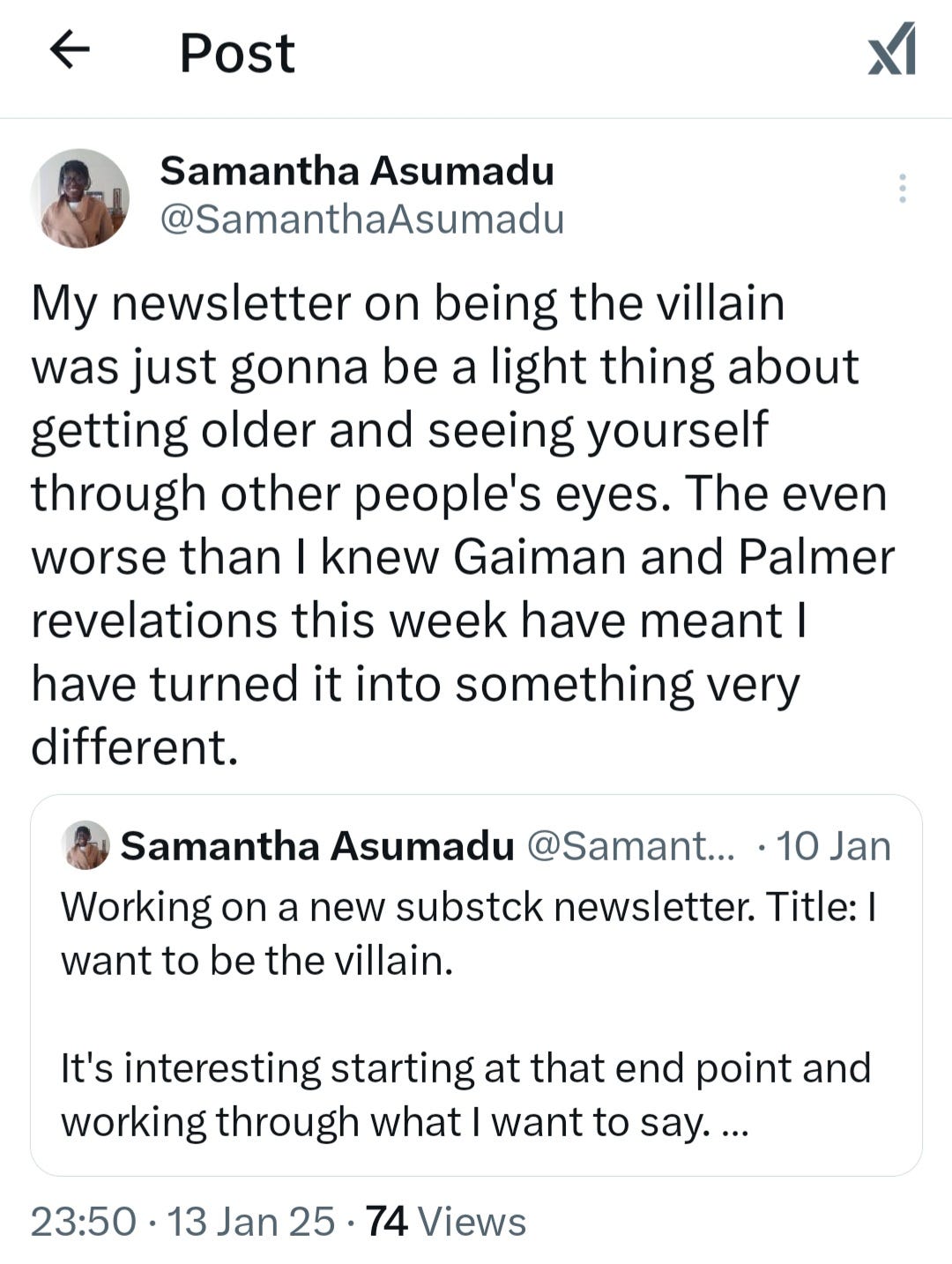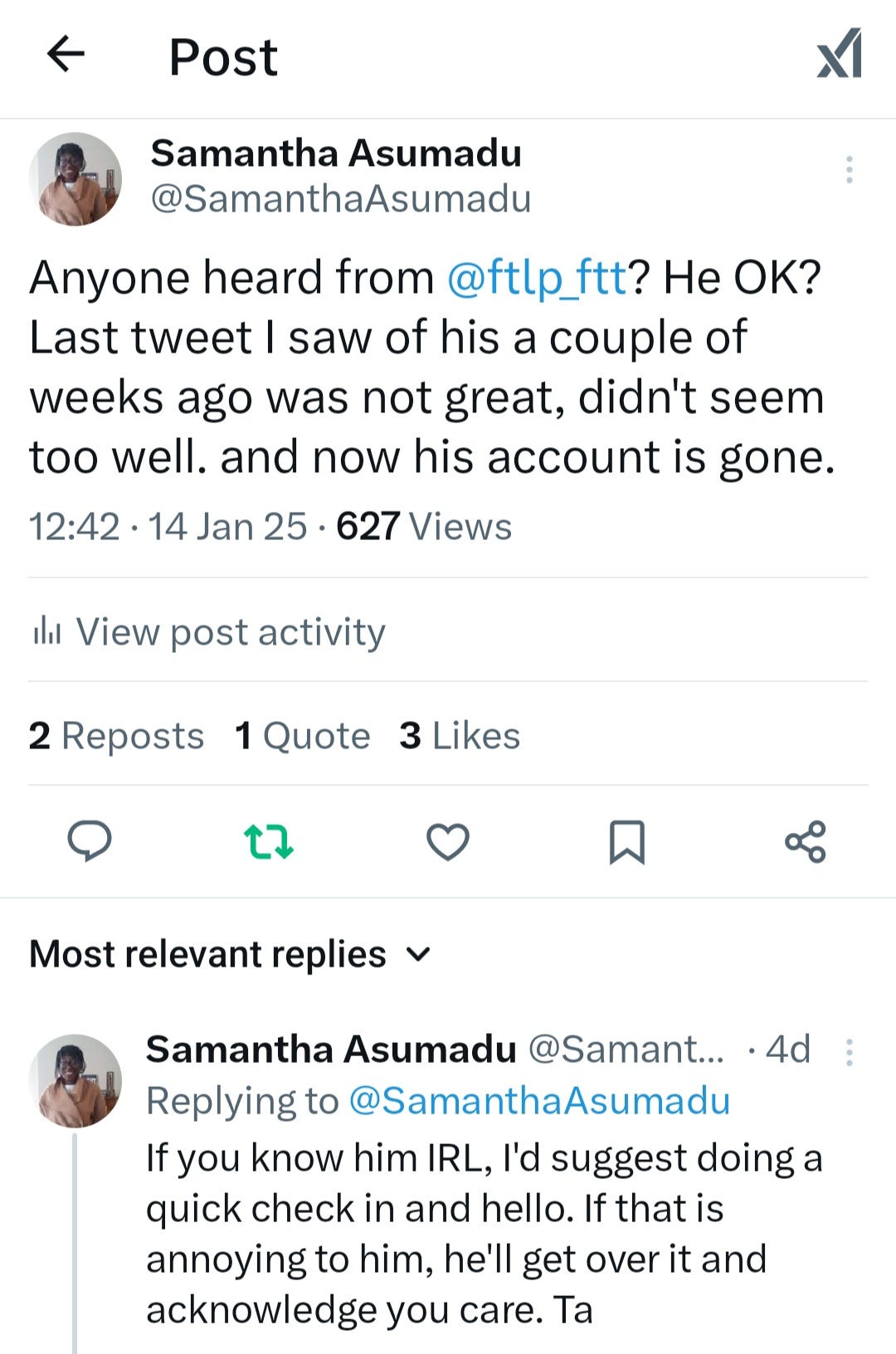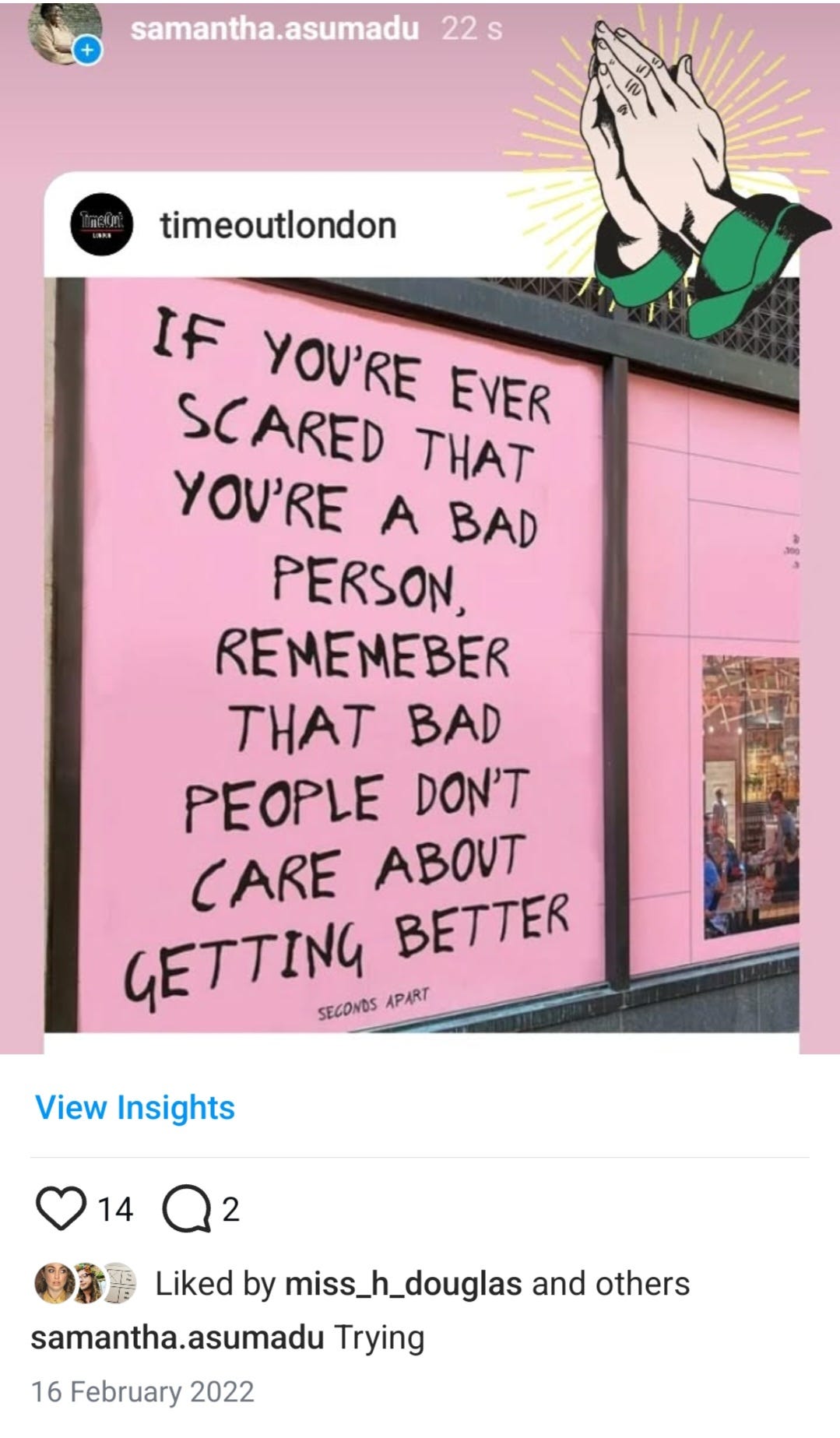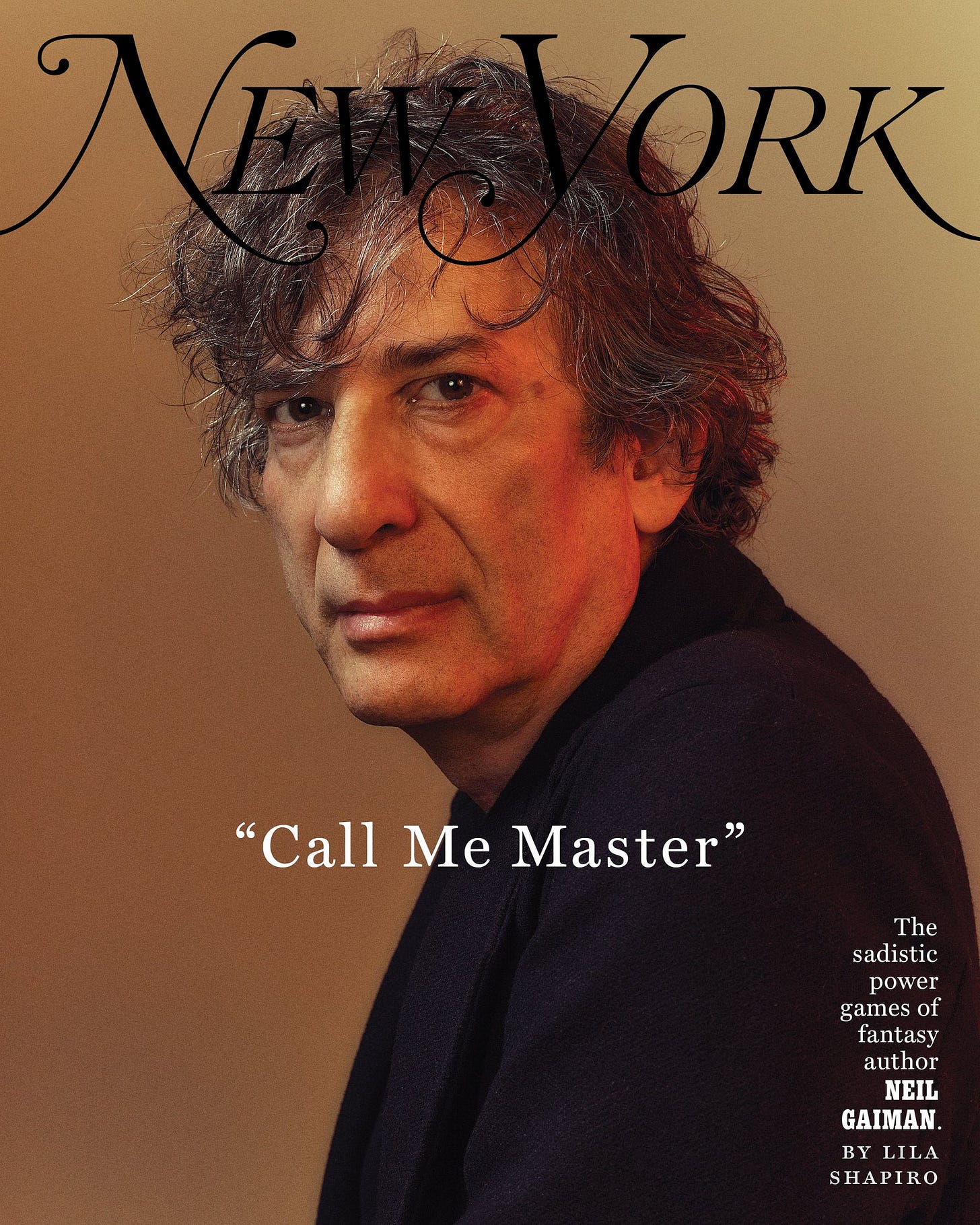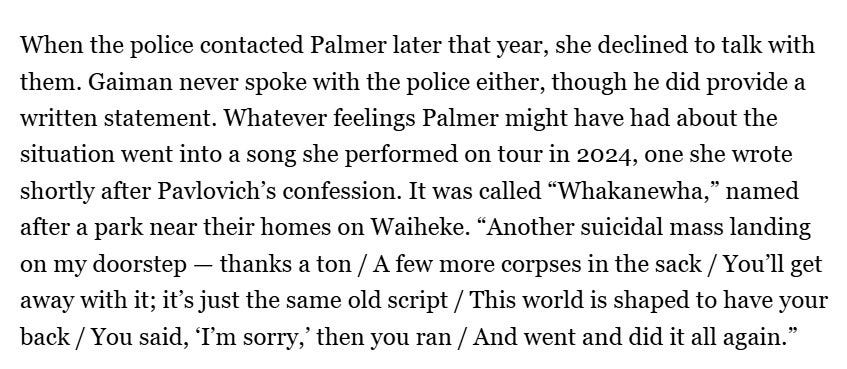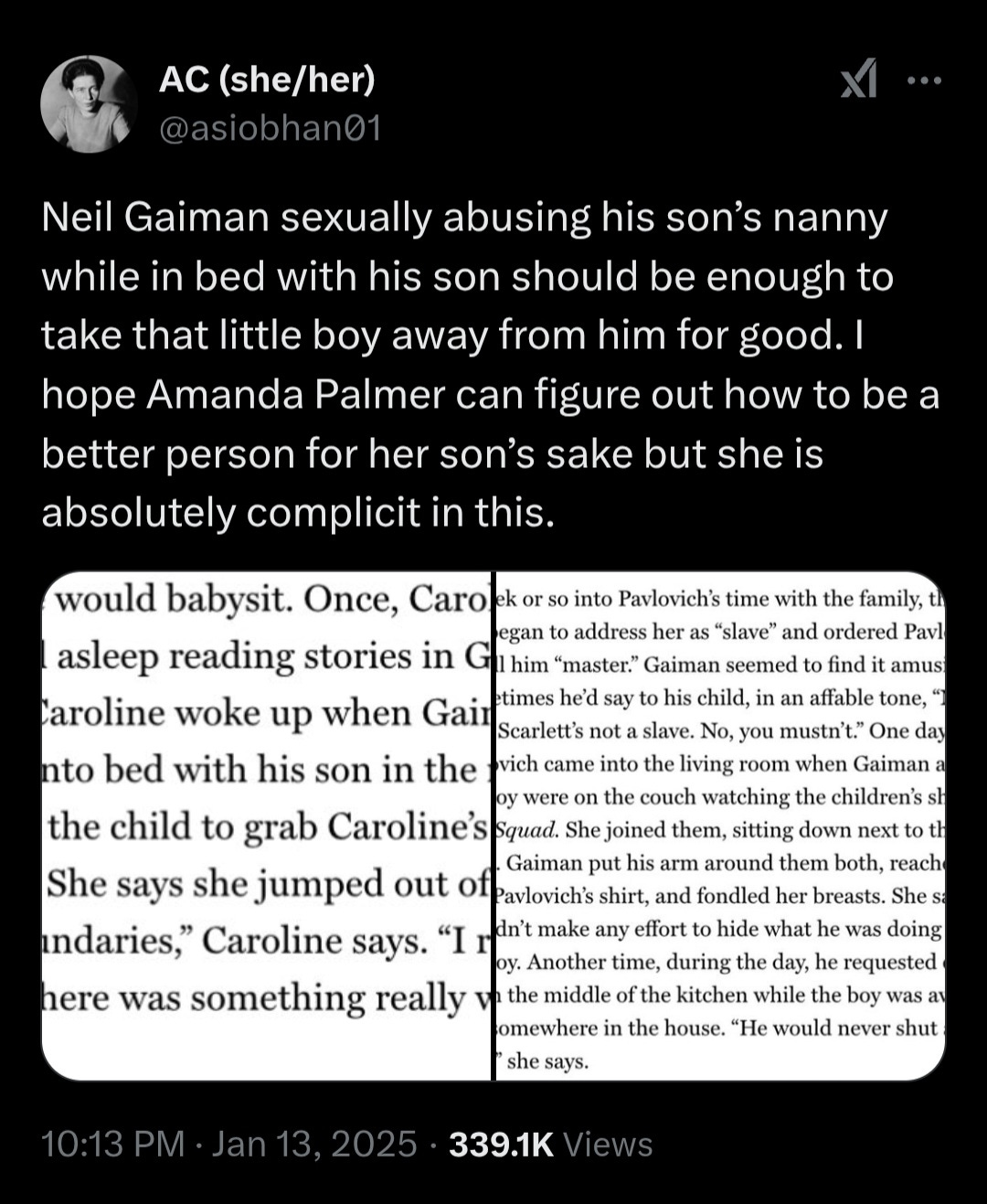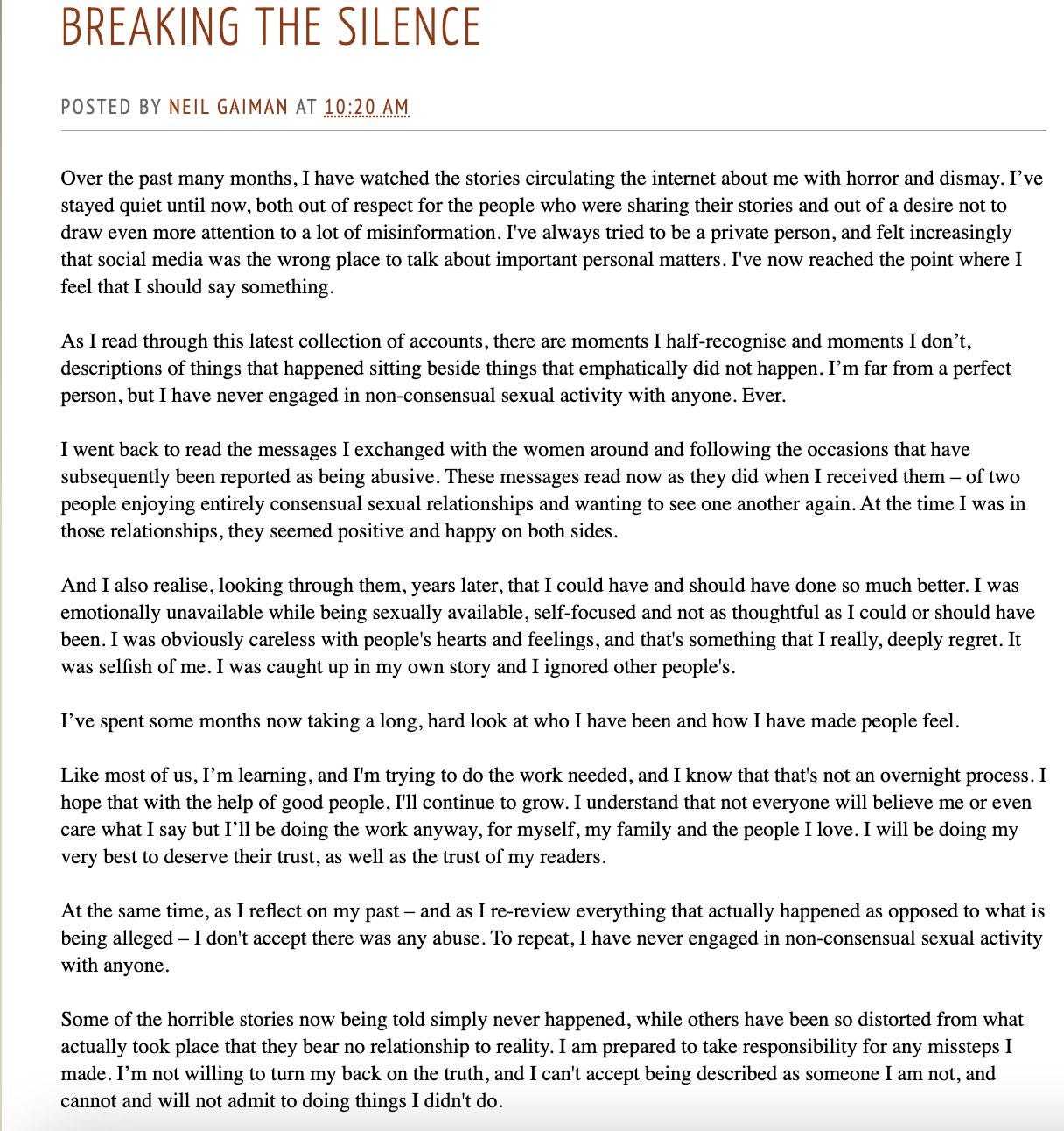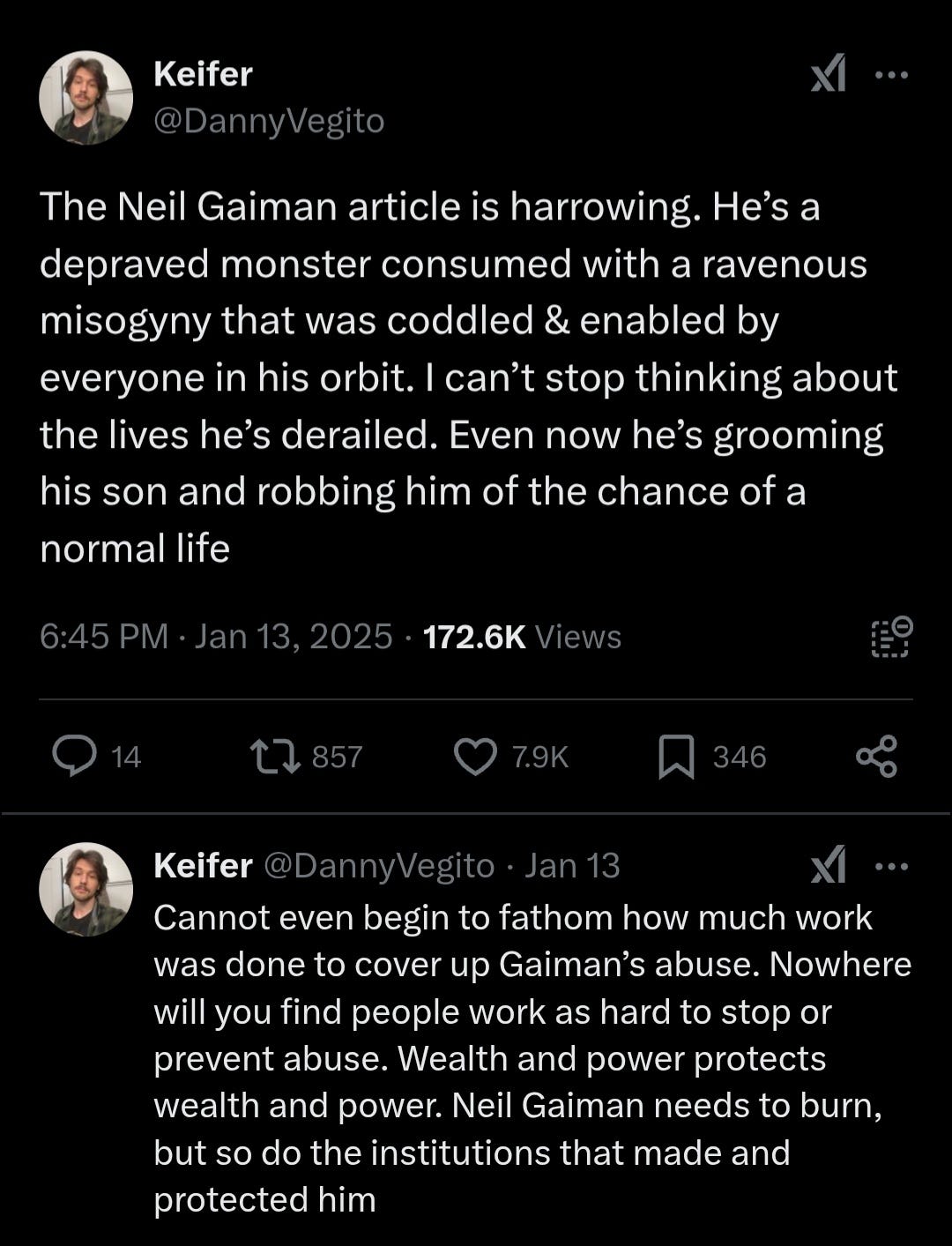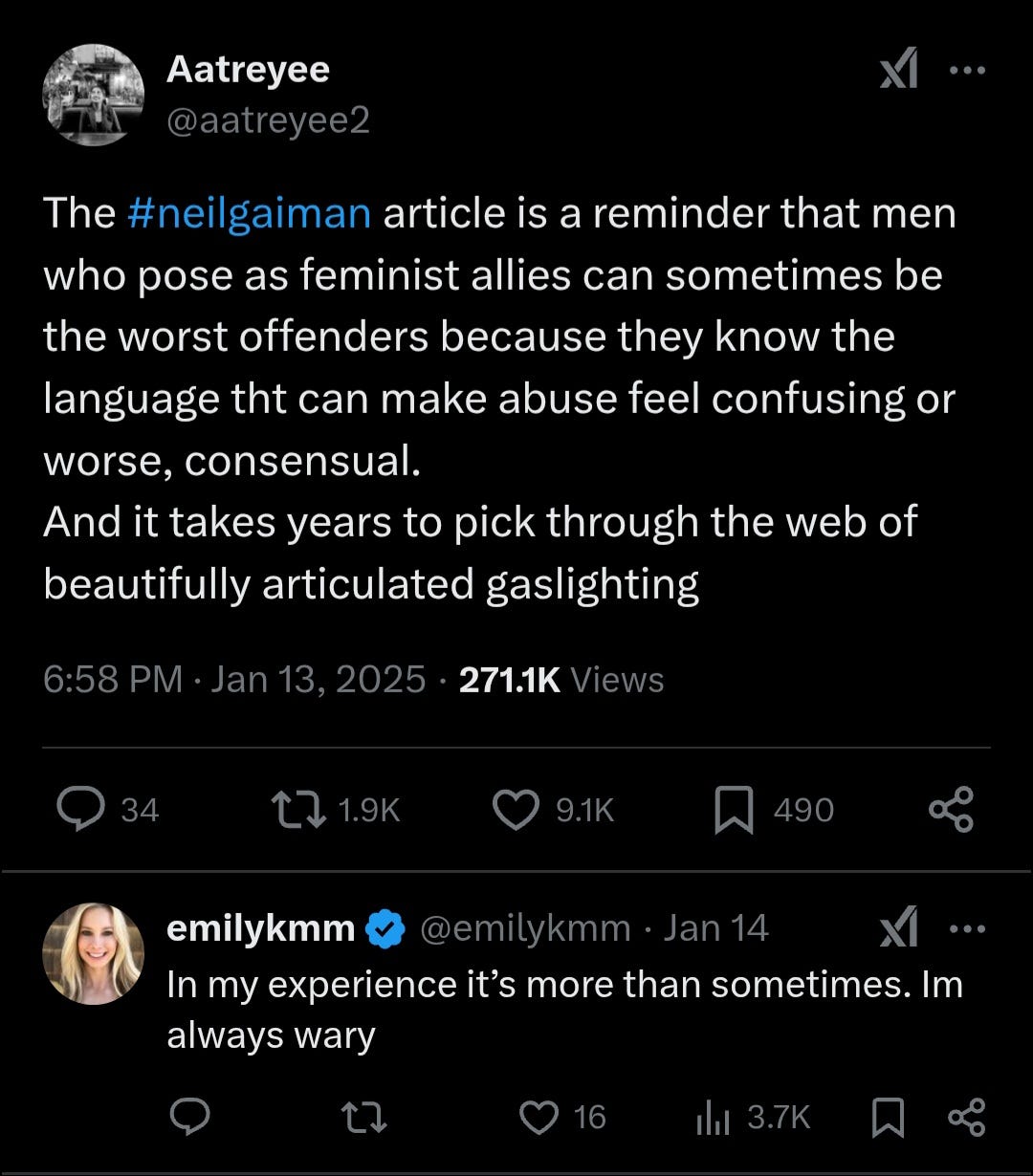I Want to be the Villain
Ever in pursuit of enlightenment and with old age approaching I decided recently I want to be the villain. Then I read this article in Vulture about Neil Gaiman, his exploitation and sexual and financial abuse of his and his wife, Amanda Palmer's fans.
I decided being the villain was foolhardy and I am alright as I am thank you very much.
Writing a memoir for the past six years has meant dredging up lots of memories and digging out the essence or ‘realness’ of certain experiences where I MUST have been the villain. But somehow I haven't written myself as such.
I've had to admit to myself that I have done some myth making. It’s probably my ego that needs assauging. But where else to do that but a book about yourself? It's my story after all.
And as the feminist writer, Mona Eltahawy says..”The most subversive thing a woman can do is talk about her life as if it really matters."
I try to keep myself honest by looking at contemporaneous accounts. Mostly of the lowbrow variety, whatsapp messages and tweets. But if we are not the context to our own story, who is?
I noticed this tweet the other day and thought, yep sounds about right.
I started thinking about villainy a few weeks ago in anticipation of publishing this newsletter. I wanted to be the villain, like REALLY the villain. Not just someone judging me as such. But... you can be the villain to degrees right?
Some time in 2022 I decided I would put myself first. I'd spent years building a platform for others that had collapsed in spectacular fashion so it seemed time to throw caution to the wind, tell my truths, let love reign etc. That didn't quite work out. But it was a necessary exercise.
I like to think that however much you try to be selfish, or be the villain when crunch comes to the crunch you end up putting others first, even to the detriment of your own well being, if needs must.
For example if someone tells you one week they are likely to kill themselves at some point and the next week they disappear, you don't just wait to get a call from the coroner before you endeavour to make sure they are alright.
Especially because they are likely to regret it. A study showed that ‘Between 1963 and 1975 the annual number of suicides in England and Wales showed a sudden, unexpected decline from 5,714 to 3,693 at a time when suicide continued to increase in most other European countries.
This appears to be the result of the progressive removal of carbon monoxide from the public gas supply. Accounting for more than 40% of suicides in 1963, suicide by domestic gas was all but eliminated by 1975.’
I tried to make the effort to intervene in what might be a sad story only this week.
The historian Eric Hobsbawm wrote that solidarity is a habit that takes time to learn. That if solidarity is a habit then it’s not an act. Acts are singular. Habits are habitual. Once a habit is learned it becomes part of who we are. I think empathy is the same. Practice it enough, whether you feel it or not, it becomes a habit.
It's hard to write yourself as the villain, but I think you have to try, if you wish to remain empathetic.
Apparently listening to music is an indicator of empathy. According to Psychology Today empathic people use their social brain circuitry to process music. What that seems to mean is that they ‘deeply grasp the pain or joy of other people and display “higher empathic concern” process music differently in their brains. The paper by researchers at Southern Methodist University and UCLA is called ‘Neurophysiological Effects of Trait Empathy in Music Listening’
‘In the field of music psychology, there is a growing body of evidence suggesting that varying degrees of trait empathy are linked to how intensely someone responds emotionally to music, his or her listening style, and overall musical preferences.
For example, recent studies have found that high-empathy people are more likely to enjoy "beautiful but sad" music. Additionally, high empathizers seem to get more intense pleasure from listening to music in general’
So maybe villainy is just in the eye of the beholder?
Some might pigeon hole me as a confessional writer. I would disagree as that seems quite villainous to me. A confession suggests that there is more than one person involved.
I have nothing to confess that I wouldn’t publish on social media and I’m just a person like you, navigating my way through life in the best way I can. And hoping to eventually die as a pensioner with no regrets.
I came across this quote about old age by the philosopher Simone de Beauvoir recently.
A particular value has sometimes been given to old age for social or political reasons. For some individuals — women in ancient China, for instance — it has been a refuge against the harshness of life in adult years. Others, from a pessimistic general outlook on life, settle comfortably into it… The vast majority of mankind look upon the coming of old age with sorrow and rebellion. It fills them with more aversion than death itself.
And indeed, it is old age, rather than death, that is to be contrasted with life. Old age is life’s parody, whereas death transforms life into a destiny: in a way it preserves it by giving it the absolute dimension.Growing, ripening, aging, dying — the passing of time is predestined, inevitable.
There is only one solution if old age is not to be an absurd parody of our former life, and that is to go on pursuing ends that give our existence a meaning — devotion to individuals, to groups or to causes, social, political, intellectual or creative work… In old age we should wish still to have passions strong enough to prevent us turning in on ourselves.
One’s life has value so long as one attributes value to the life of others, by means of love, friendship, indignation, compassion.
- Simone de Beauvoir
So old age doesn't have to equate with villainy.
Yet this week there is no bigger villain exposed than veteran writer, Neil Gaiman. Plus his wife Amanda Palmer who enabled her "male feminist" husband in preying on vulnerable young women while also exploiting those same women for unpaid labour.
According to Vulture she then went on to ‘make art’ of it whilst trying to misdirect the police from investigating her husband's crimes.
Not appropriate or empathetic in my opinion and no doubt her husband's victims found it as narcissistic as I do.
Prioritising ‘art’ above all whether it be opaque or a chronicle is a dereliction of duty when lives have been harmed.
“The article about Neil Gaiman is horrifying. It really reiterates for me how women's oppression is enabled by the capitalist economy. Most of the women Gaiman is alleged to have abused were financially dependent on him - a homeless nanny and a live-in groundskeeper. These two women depended on Gaiman and Palmer for their homes and employment. Gaiman was able to treat them the way he's alleged to because they had no other means of support - one woman says she was going to have to go back to sleeping on the beach in a sleeping bag. genuinely just feel sick after reading that. please be aware of how horrible this is before you read it”
- emmy rākete
I wonder if Gaiman ever read any Ursula Le Guin:
I hope you live without the need to dominate, and without the need to be dominated. I hope you are never victims, but I hope you have no power over other people. And when you fail, and are defeated, and in pain, and in the dark, then I hope you will remember that darkness is your country, where you live, where no wars are fought and no wars are won, but where the future is.
Our roots are in the dark; the earth is our country. Why did we look up for blessing — instead of around, and down? What hope we have lies there. Not in the sky full of orbiting spy-eyes and weaponry, but in the earth we have looked down upon. Not from above, but from below. Not in the light that blinds, but in the dark that nourishes, where human beings grow human souls.
A Left-Handed Commencement Address speech by Ursula K. Le Guin delivered at Mills College, 1983
I haven't yet been able to read the whole article. I found it distressing, especially as someone who interacted with him in some late night private messages on Twitter when I asked him to sign an open letter on the Nationality and Borders bill and then on Imprisonment for Public Protection. Which he did.
Gaiman has come out with a defense of his actions called ‘Breaking the Silence’, which includes saying he did not do these actions.
the thing about the neil gaiman article is its always the fucking same deal with these guys. saying "bitch call me master" one second and "oh oh i need therapy the allegations! the hurtful allegations!" the next. there's nothing more vile than apparently successful men
yoshimi
I posit that there are lots more Gaiman types in literature, sci-fi and fantasy, plus poetry fandoms, where young men and women find identity and purpose. I expect that more men and some women will be exposed and I hope their victims get some semblance of justice by the end of the decade. Insha'Allah 🤲🏿
There is a certain assumption of innocence when the person accused of exploitation and even worse is an “arty" type. Someone who has created a public persona of benevolence, inextricably linked to their superior talent of course. That has finally been put to bed by Gaiman.
In 2022 Laurie Penny wrote an article called, Cancelling, Crybullies and Consequences
She said,
I’ve met so many men who are fully aware that they have treated women badly, but who feel they ‘cannot’ stop- because they are in a defensive crouch, terrified to begin the work of change by looking at their own behavior.
They know they have no framework for healthy remorse. They fear they would not psychologically survive the shame of it. In exactly the same way, fully grown, educated white people can be reduced to panicked infants by the suggestion that whiteness is a structure of oppression, because what they hear is ‘my whiteness makes me a bad person. I should feel shame.
I think Neil's defense of himself and refusal to get therapy over the years is relevant to the excerpt.
She said (not in any way a reference to him) that these unaccountable abusers, whether they abuse physically or psychologically, wouldn't ‘survive the shame of it.’ So on they go leaving wreckage in their wake, hoping to never be exposed. And we are left to pick up the pieces of both the harm and the ‘art’.
So I guess what I want in the end is not to be the villain but instead the rebel, devil may care, shoot from the hip, truth sayer:
True rebels, after all, are as rare as true lovers, and, in both cases, to mistake a fever for a passion can destroy one’s life.
James Baldwin, No Name in the Street
Again I never catch mistakes in my newsletters before I publish. The email is always the first draft. So if you want to read the final, check back here in a few hours, days, weeks.
Foremost this newsletter is an opportunity to think things through, explore my thoughts by taking inspiration from the words and actions of philosophers and others. Plus encourage people to do a bit of activism themselves. Whatever that may look like.
Get a discount until Feb 1 on a subscription so I can pay my bills and you can browse my writing from 2022 onwards, such as the first ever post on here, Radical Honesty.
Have a great weekend!
P.S I know there is going to be some non-black women and /or middle class women who try to take my experiences and use them as their own. Trust me, I will hunt you down if you do and you will catch these hands


